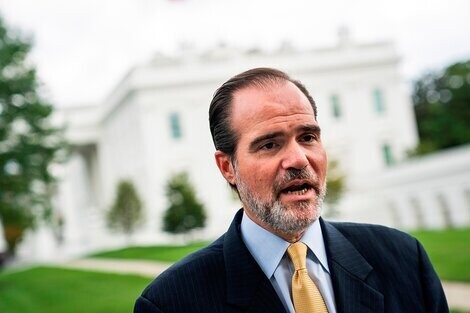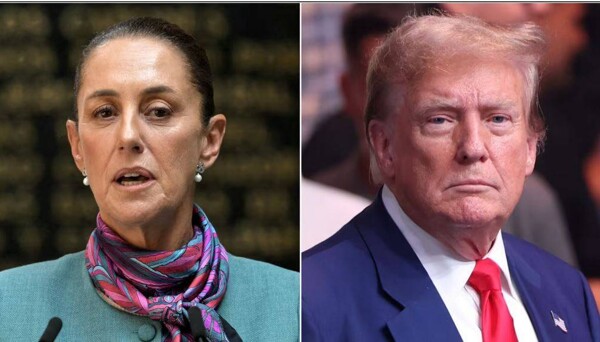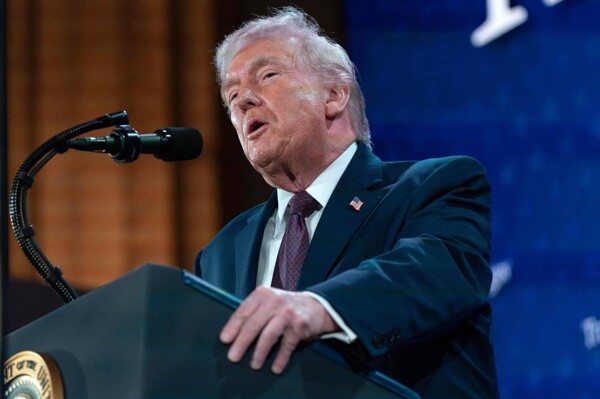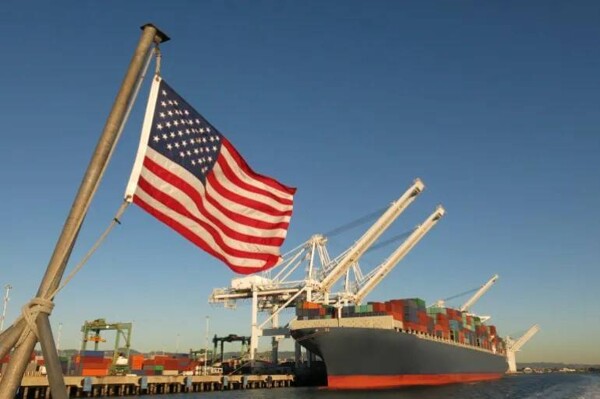
Mauricio Claver-Carone, the president's special envoy to the region, has emerged as a key figure in implementing a new strategy aimed at redefining hemispheric relations, countering Chinese influence, and addressing the future of the Cuban regime, which he described as 'at its weakest point.'
In an interview with Politico magazine, Claver-Carone discussed topics such as the Panama Canal, the situation in Venezuela, and tensions with traditional allies like Colombia and Panama. He emphasized that the administration does not seek to be 'hard' on allies, but to ensure they fulfill their responsibilities.
The interview with Claver-Carone reveals an ambitious hemispheric strategy from the Trump administration, aimed at consolidating U.S. influence in Latin America while countering the presence of actors such as China, Russia, and Iran. In Cuba's case, the message is clear: the regime is in its final stage, and the Trump administration is prepared to play a key role in the transition to a democratic model.
'The Cuban model is dead,' he stated categorically, adding that even within the leadership of the regime, there is an awareness that a transition is inevitable. Claver-Carone described the change as 'imminent' and emphasized that it would be a democratic transition.
Although the details of this 'creativity' remain up in the air, Claver-Carone's stance reflects a renewed confidence in the ability of the United States to shape the region's future. In a hemisphere marked by geopolitical tensions and economic challenges, the Trump administration's approach promises to redefine relations between the United States and Latin America, with implications that could change the political landscape of the region in the coming years.
Regarding the Panama Canal, Claver-Carone criticized its management, calling it inefficient and obsolete. While he avoided providing specific details about how the Trump administration plans to influence this process, he hinted that they might adopt 'very creative' approaches.
Claver-Carone also highlighted the penetration of Chinese entities in the critical infrastructure of the Panama Canal, representing a threat to regional security and a breach of bilateral treaties.
The 'Trump doctrine' aims to reclaim U.S. leadership in the Western Hemisphere, promoting 'non-imperialist expansionism' based on economic investments and the credibility of its administration. However, he also acknowledged that these negotiations are delicate and must be handled with care.














